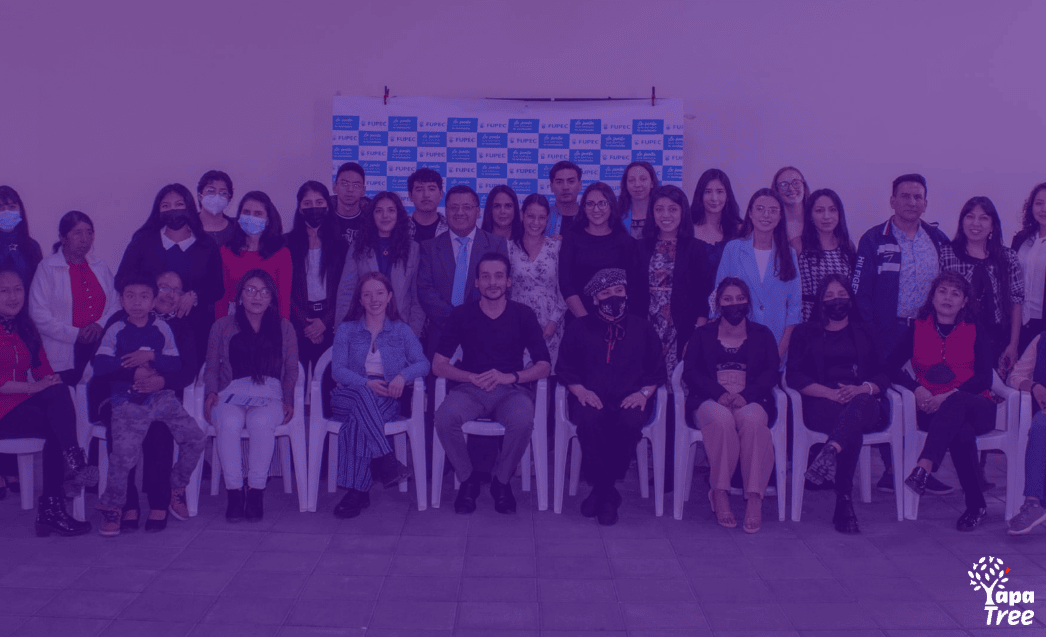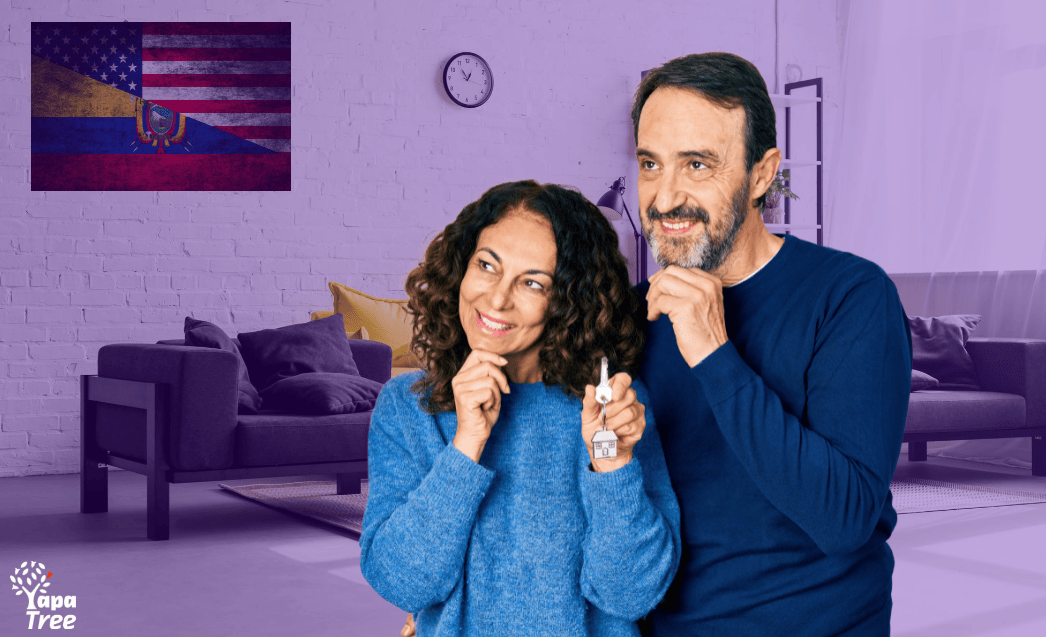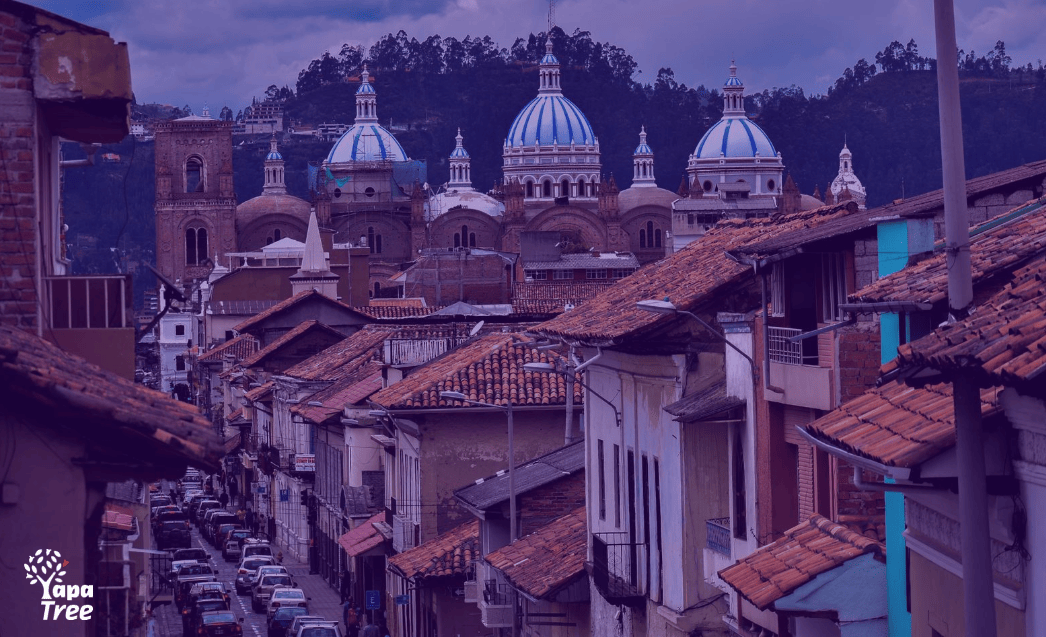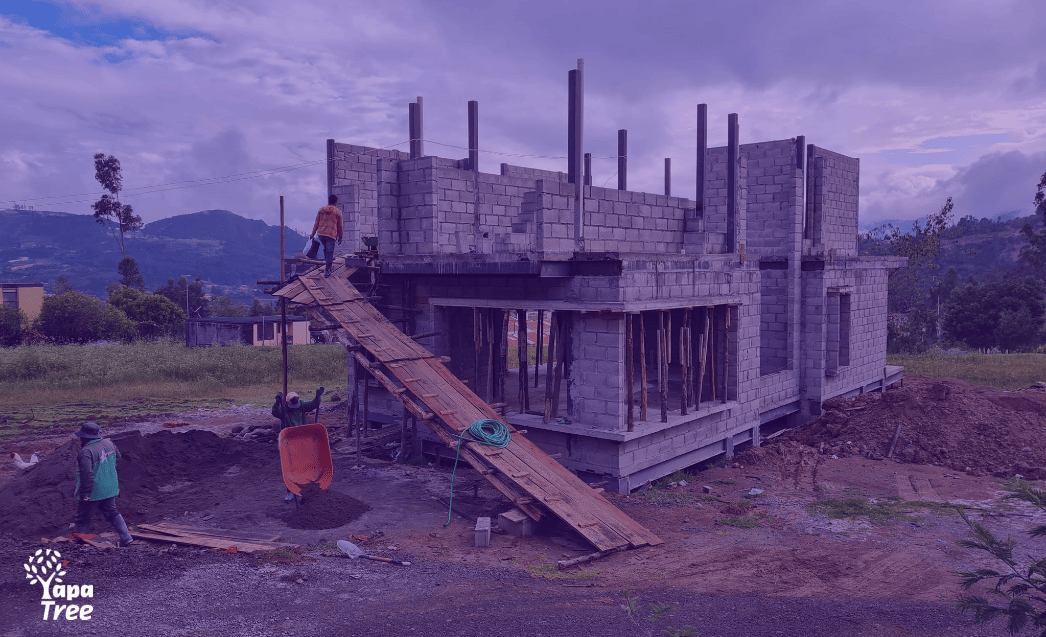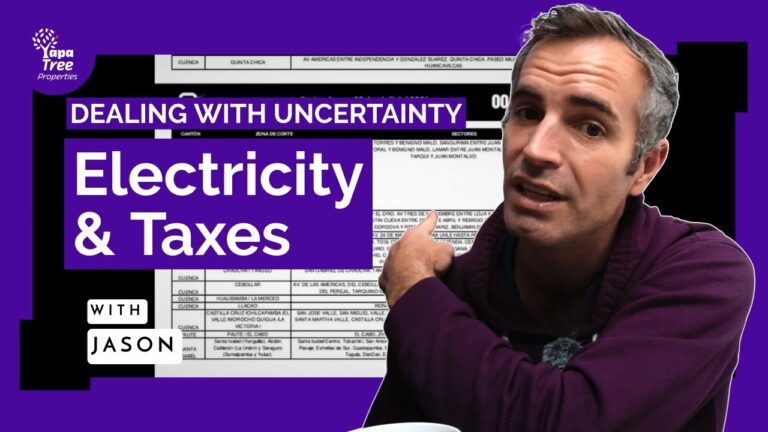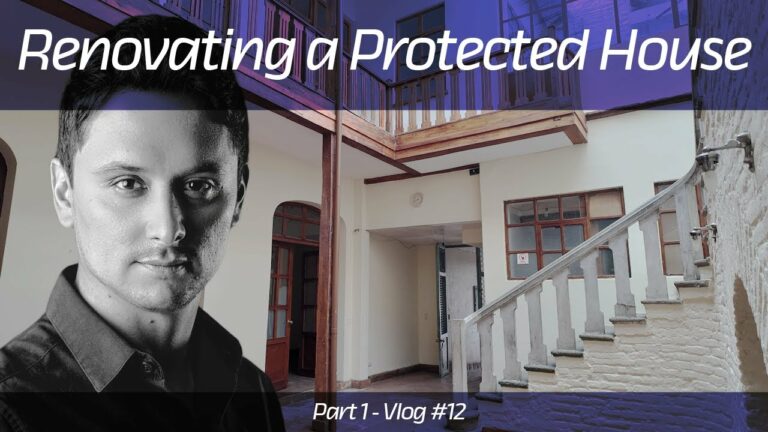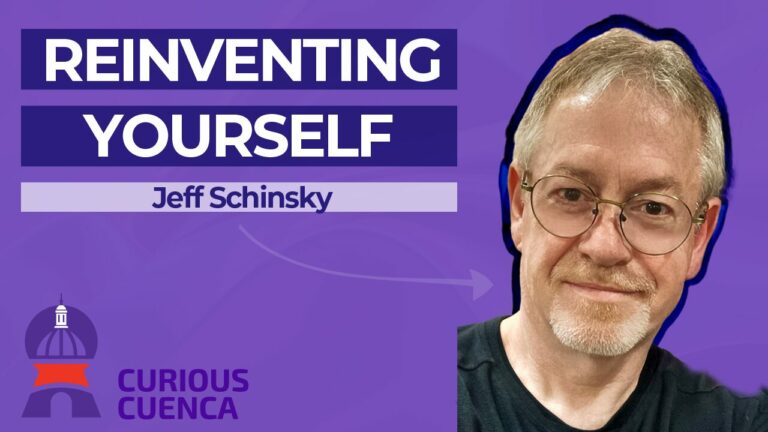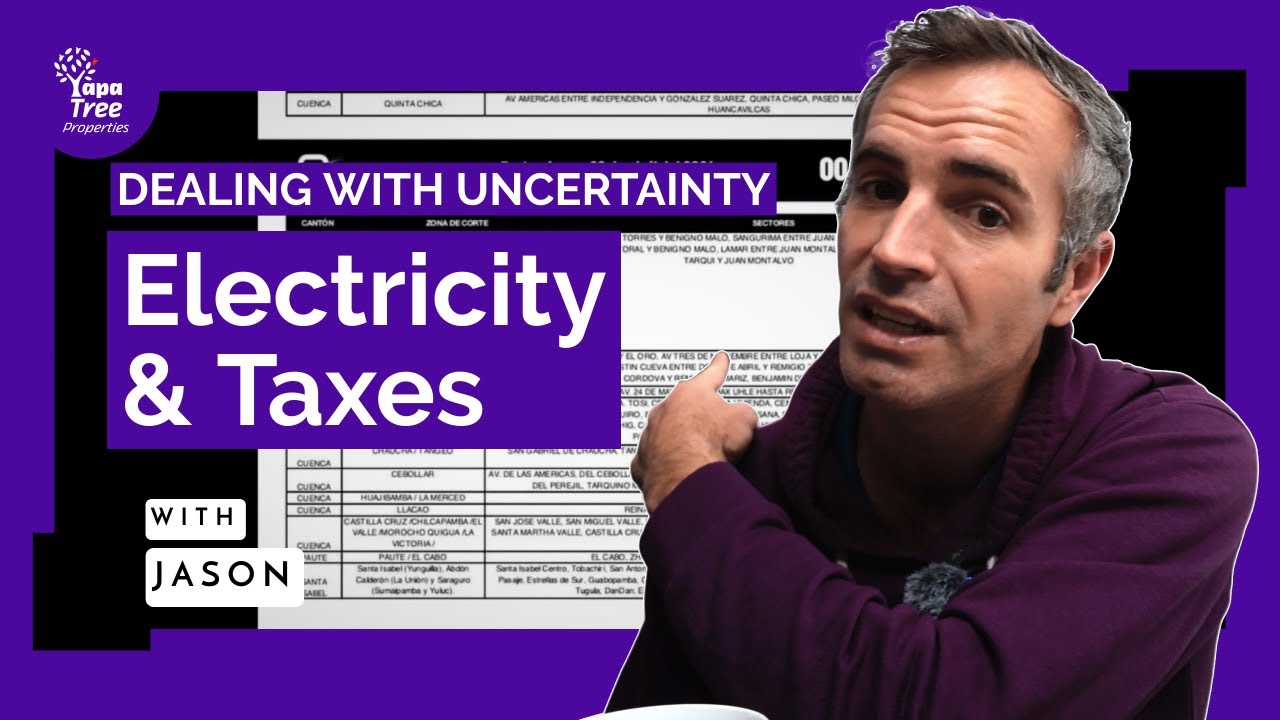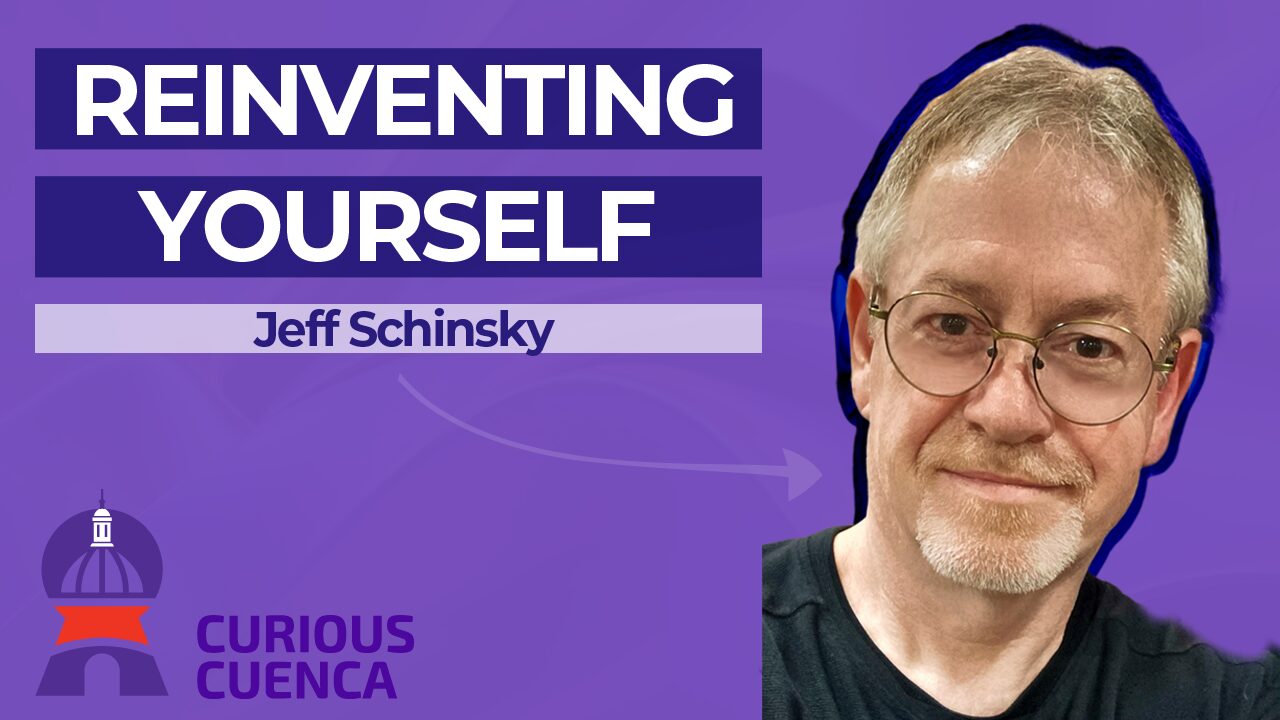
One of the many gifts of expat life in Cuenca is the gift of time. Freed from the responsibility of full-time jobs thanks to the lower cost of living in Cuenca vs. the US, Canada, or Europe; many Expats find themselves with the time to use for pursuits other than making money.
While this might include pursuing hobbies or creative endeavors, traveling, or reading or immersing oneself in the arts, many use this newfound surplus of time to give service to their new community. There are many organizations providing such opportunities for service, and we recently learned of an organization whose mission may particularly resonate with expats and offers a variety of ways to serve while an opportunity to improve one’s Spanish and deepen ones’ connection to the community that is so welcoming to expats.
FUPEC provides a wide range of services to those diagnosed with cancer and other diseases

FUPEC – an acronym for Familias Unidas Para los Enfermedades Catastróficas (Families United for Catastrophic Illnesses) – is a 12-year-old independent Ecuadorian non-profit organization providing a vast array of services to people suffering from such catastrophic illnesses as hemophilia, osteoporosis, and the agency’s original focus – cancer. FUPEC’s support services range from medical care and rehabilitation to social and legal services, as well as psychological support to patients and their families.
FUPEC provides complementary, yet essential services not provided by the public health system

While Ecuador provides health care services to many of its citizens through the public health system system, there are many personal social, legal, psychological and spiritual needs among those suffering from catastrophic illnesses that the government health system does not provide.
While Ecuador provides health care services to many of its citizens through the public health system system, there are many personal social, legal, psychological and spiritual needs among those suffering from catastrophic illnesses that the government health system does not provide.
Some catastrophic illnesses are not recognized by the public health system so their doctors are not trained to treat them, leaving treatment in other countries the only option for patients in that situation. FUPEC helps them connect to these resources, and also lobbies the Ecuadorian government to expand their services. FUPEC also provides physical rehabilitation services after treatment as well as early detection screenings.
Addressing extensive unmet patient needs

The needs of people suffering or recovering from cancer and other catastrophic illnesses go beyond medical services, however. FUPEC volunteer Alisia Arnold of Hamburg, Germany, who is spending six months with the organization under the voluntary program “weltwärts,” explained that such patients are often estranged from their families and need emotional support as well as assistance in activities of daily living. “Many of these patients are living alone while they deal with these frightening and often painful diseases.
FUPEC provides psychological counseling when needed but another valuable means of support is simply the companionship provided by our volunteers, who visit with patients either in the hospital or in home visits.” This program, called “Cuento Contigo” (I’m counting on you) matches patients with volunteers who help them through such activities as talking to the patients and listening to their problems, taking walks together, and accompanying them on hospital or doctor visits. Cuento Contigo volunteers also distribute kits of items like food, toiletries, clothing, and toys to FUPEC’s clients. Similar to “Cuento Contigo” volunteers are “Spiritual Volunteers,” who may also pray with their patients.
There are several ways to volunteer with FUPEC

Volunteering for this level of support requires a minimum commitment of one year and ability to speak Spanish at a basic level, but there are several other ways to support FUPEC’s work as a volunteer that do not require proficiency in Spanish and have a flexible time commitment. “Professional volunteers” can provide their skills to patients on an as-needed basis. Alisia explains, “Many sorts of skills can be valuable. A beautician might provide hair and makeup help, a massage therapist can give massages, a taxi driver might give rides. Anything one can do might be helpful to someone in treatment or recovery.”
Two other levels of volunteering with FUPEC are even more flexible in terms of time commitment. “Temporary volunteers” help with support in management, organization and logistics for FUPEC events, like parties for families and children, educational sessions, screenings and more. Event volunteers can assist when there is the need and the volunteer has time. Finally, “Virtual Volunteers” can work remotely sharing the work of FUPEC on social networks and offering support in crowdfunding campaigns. Volunteers at all levels are reimbursed for expenses for travel and materials, if needed.
The story of how FUPEC came to be

FUPEC was founded by Dr. Diego Jimbo, though he gives credit for the idea to his late mother, Maria Rosario Jimbo (called “Charito Maria”), who died of cancer some years ago. Sra. Jimbo was diagnosed with cancer and underwent therapy for three years before doctors told there was nothing more they could do for her and was given no further support. She found a way to get a new therapy that improved her health for several years, and during that time formed a support group that began with six other women. They were given a small room in which to meet at Hospital Vicente Corral Moscoso in Cuenca, which soon became inadequate as the group quickly grew to 30 women. She asked her son, then a doctor with the Ecuadorian Ministry of Health, to help. After his mother’s death, Dr. Jimbo decided to continue the group. Five years ago, he left the Ministry of Health to run FUPEC full-time, at a much lower salary than he had been receiving from the Ministry and continuing the commitment to volunteer service he began at age 16 and has continued throughout his medical career. FUPEC receives no support from the government and is funded entirely by donations and grants.
Asked about his hopes and goals for FUPEC, Dr. Jimbo says, “My hope is that FUPEC will be the largest, strongest organization of its type in Ecuador. My goal is to help patients, but also to improve government services. Particularly to pressure the government to palliative care and build a regional center for palliative care outside of the hospitals.”
How and why to volunteer with FUPEC
In addition to the satisfaction of helping others, Arnold says that FUPEC offers the chance to be a part of a community of volunteers. “There are training sessions for new volunteers, language exchanges where one can work on their Spanish, and breakfast meetings every 15 days where we can share our experiences and ideas. I enjoy the flexibility of FUPEC’s approach to volunteering. There is a general direction, however there is creative freedom for volunteers to use their judgment and try their own ideas to help patients.”
The only requirements for volunteering for FUPEC (beyond the one-year time commitment for “Permanent Volunteers” and “Spiritual Volunteers”) are to be at least 18 years of age and have a desire to help others. Further information on FUPEC is available on their social media accounts on Facebook, Instagram, TikTok, Twitter, and YouTube.
An application form can be found online here.

